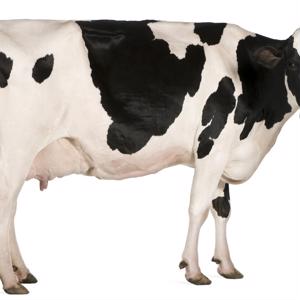How do you label milk with no fat and no Vitamin A? A Florida federal appeals court has ruled it’s acceptable to call it “skim milk” even if Vitamin A hasn’t been added back into the product as required by Florida state law.
The Florida ruling is just one of two recent court cases contesting the definition of skim milk as determined by organizations such as the U.S. Food and Drug Administration and the Florida state government. The outcome of these legal actions will impact milk product labeling in the short term and may later affect other food producers engaged in “truth in labeling” initiatives.
Florida victory and Pennsylvania follow-up
The Associated Press reported that the Florida case is a victory for the Ocheesee Creamery. The latest decision overturned an earlier decree in March when a federal judge sided with the Florida Department of Agriculture in its stipulation that skim milk needed to have Vitamin A added (to replace the vitamins lost in the skimming process). To comply with Florida law, Ocheesee’s product would have to be called “imitation skim milk.” So it filed an appeal and won.
A similar milk labeling case is now underway in Pennsylvania. Public broadcasting station WITF-TV said a federal judge there has allowed a lawsuit by a Maryland dairy farmer, which challenges FDA labeling regulations that also require the addition of Vitamins A and D. The FDA’s rules would classify farmer Randy Sower’s product as imitation skim milk if it didn’t contain the vitamin supplements. Sower, who said the rule would hurt his business, is being represented by the nonprofit Institute for Justice, which was also responsible for the successful Florida skim milk labeling decision.
“Skim milk without the additives is safe to drink and legal to sell, but you are not allowed to call it what it is,” declared Anya Bidwell, Sowers’ attorney from the Institute for Justice. The Institute, which describes itself as the “national law firm for liberty,” typically takes on cases involving individuals who have been denied their constitutional rights.
The big picture in truth in labeling
Other states around the country have been part of a recent truth in labeling movement to classify dairy and meat alternatives, such as almond milk and vegan burgers, as imitation to protect local farmers hurt by competitive substitute products. The skim milk cases represent a different perspective because these dairy farmers are saying that the imitation description shouldn’t apply to them. Truth is apparently relative, depending on which side of the issue you’re on.
To keep your labels in compliance with fast-changing legislation, in-house labeling can present a practical, cost-effective solution. For details on these valuable labeling systems, go to Optimedia Labs’ U.S. page or our Canadian site.
